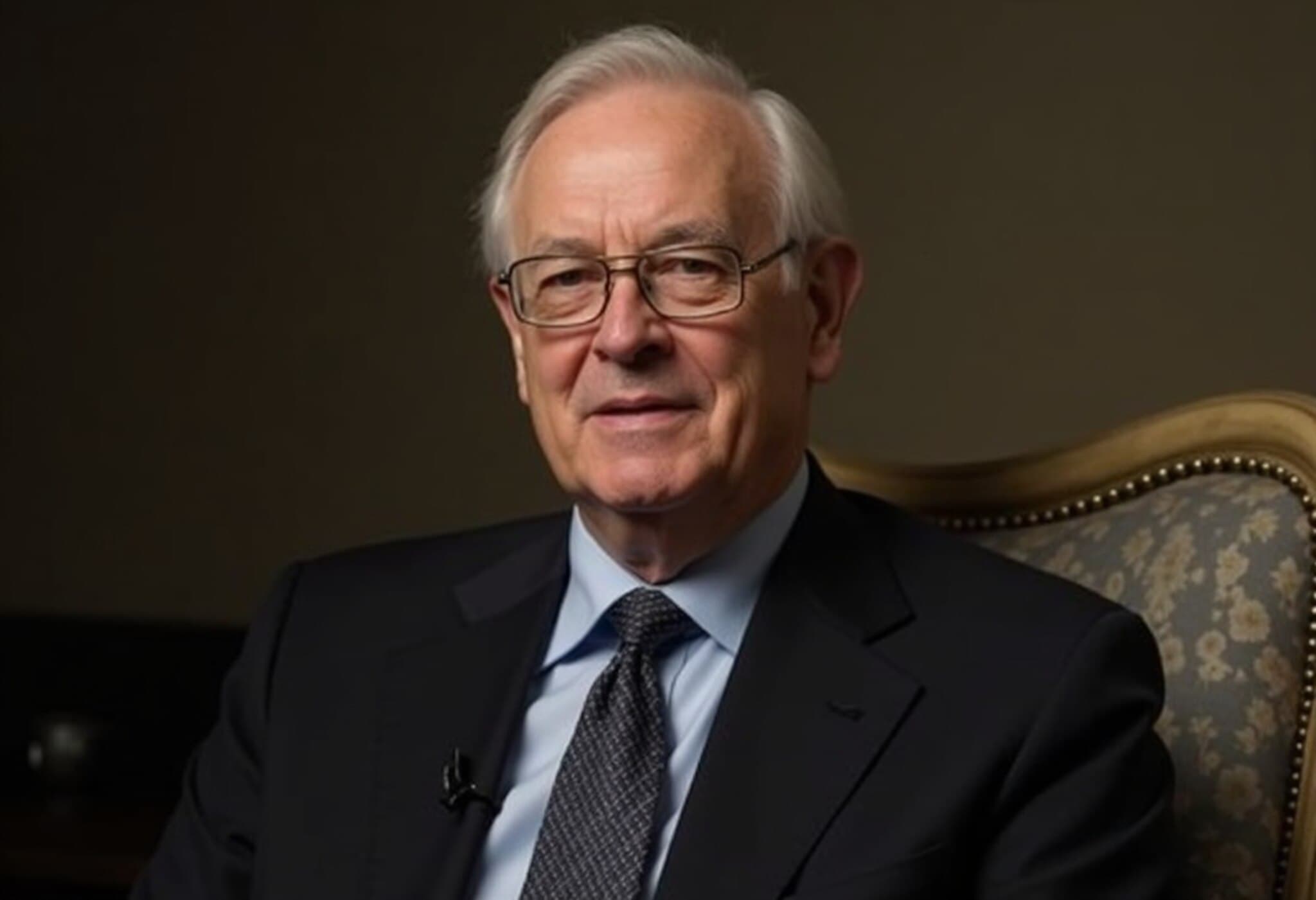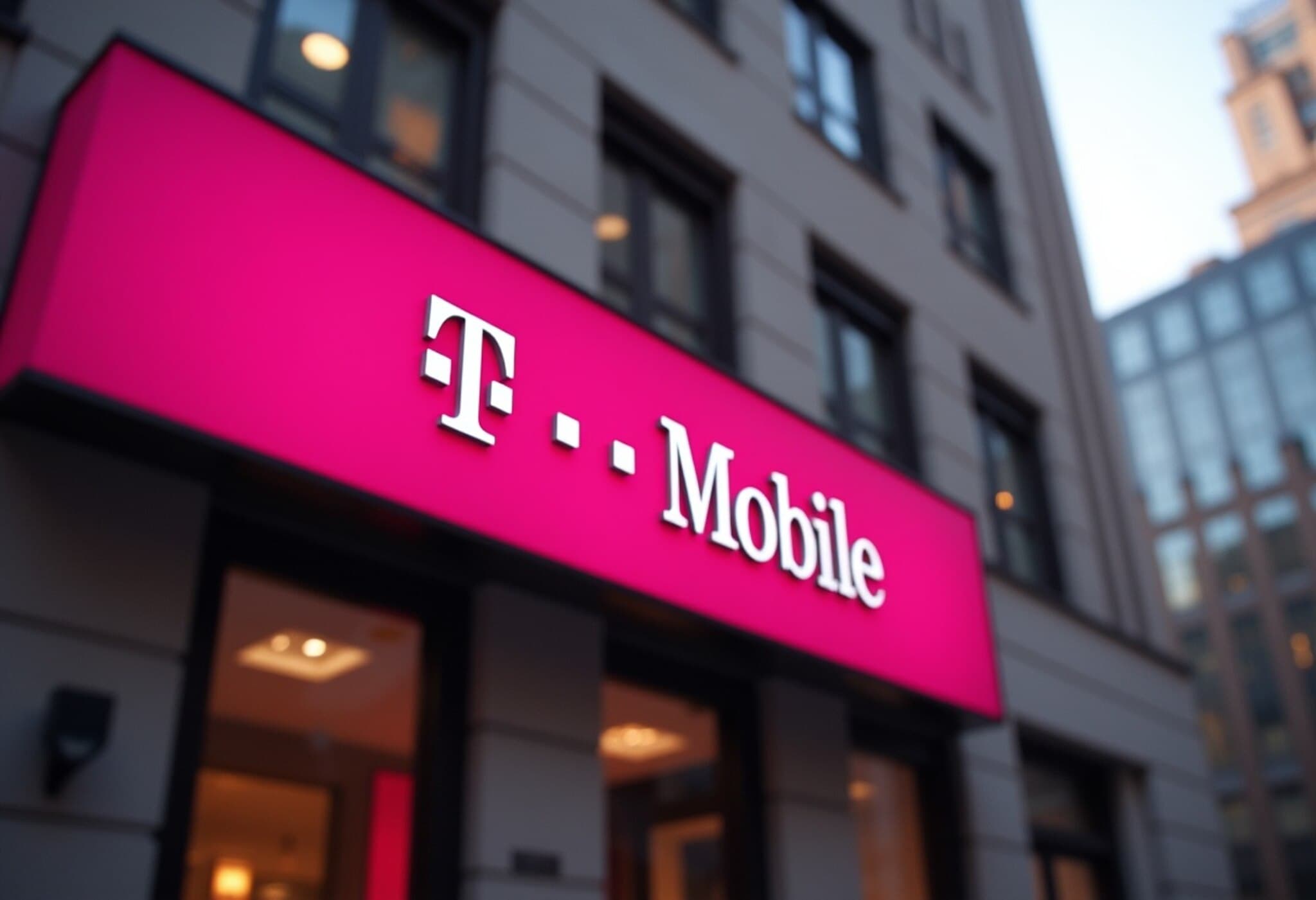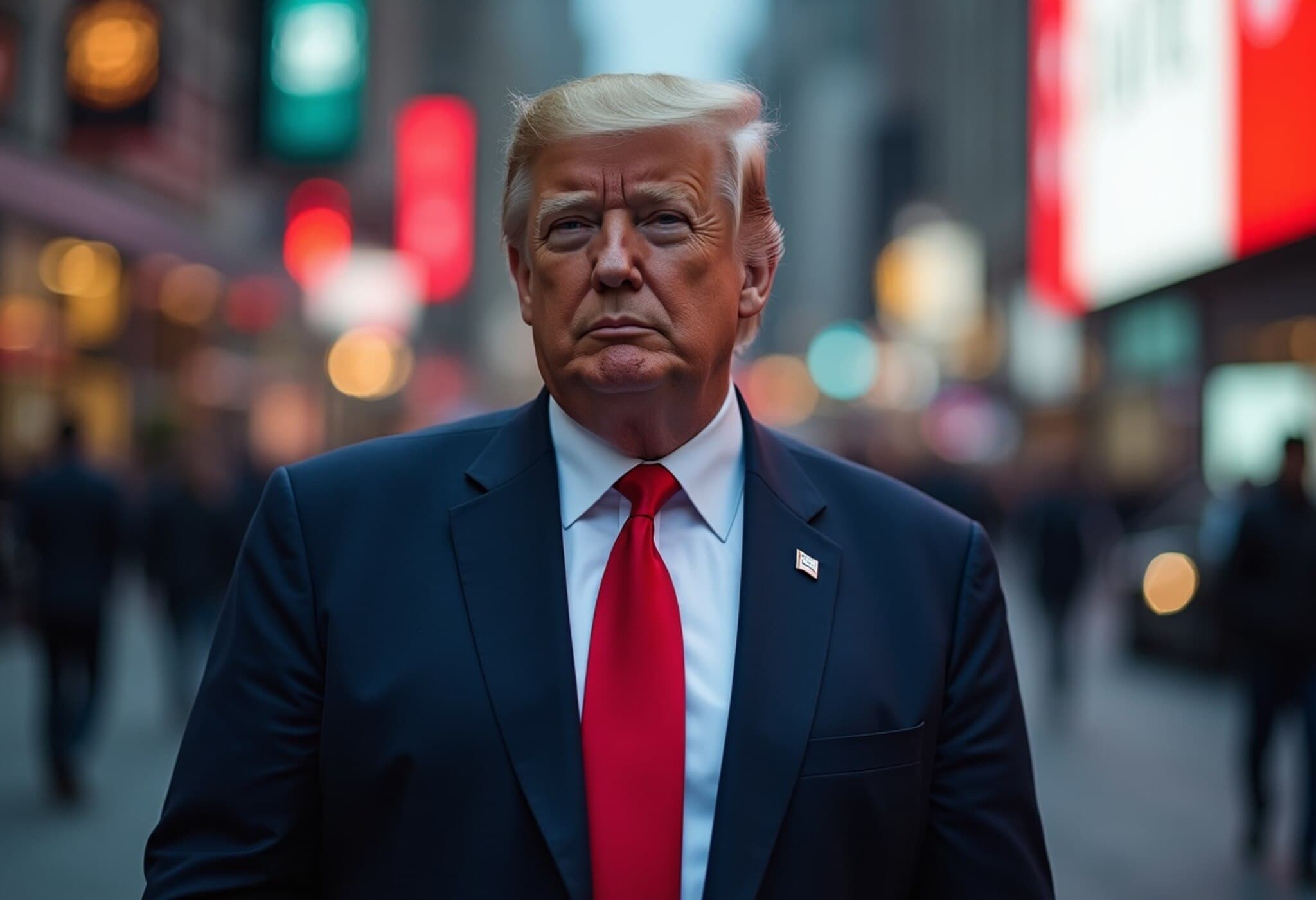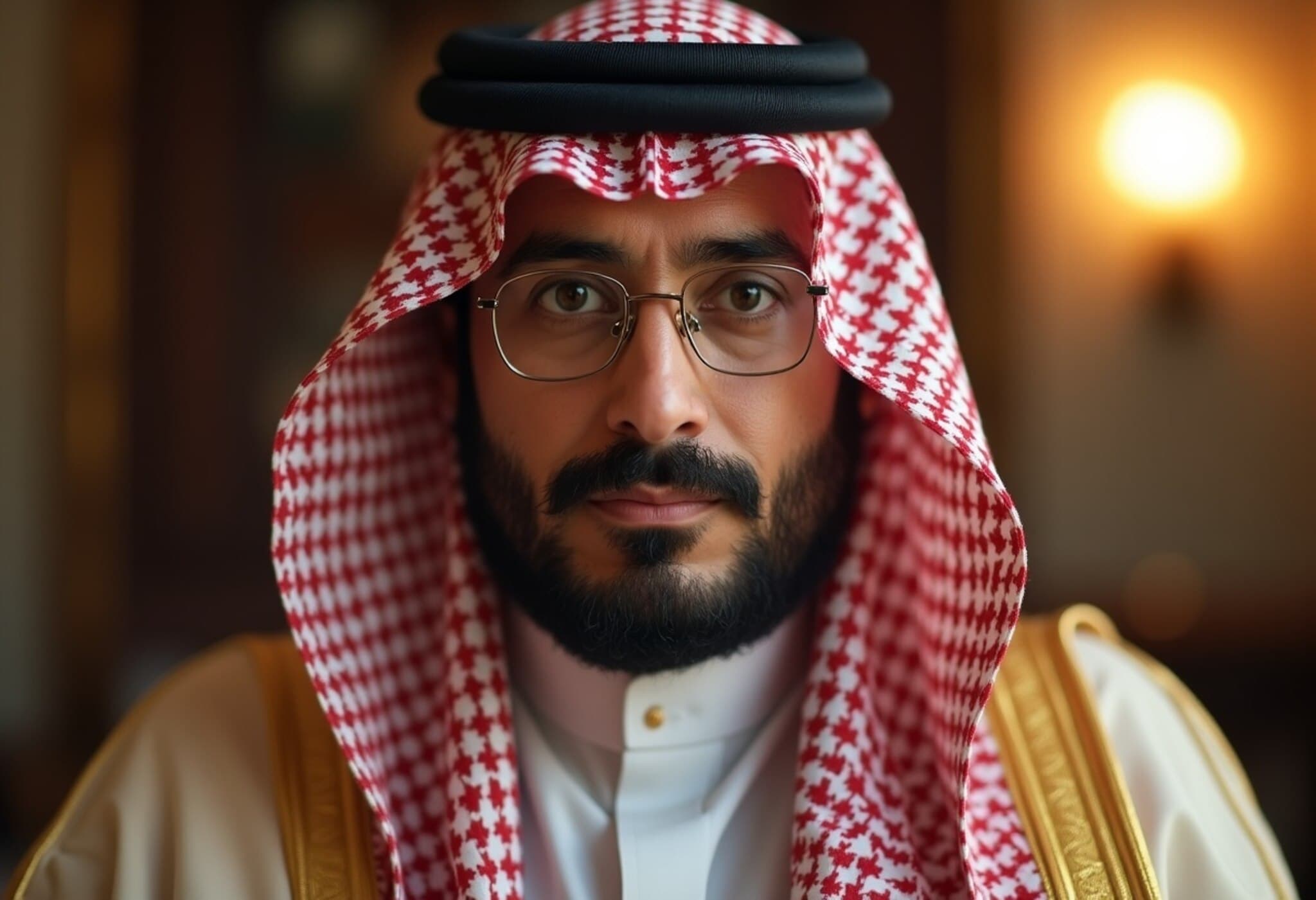Saudi Arabia Opens Doors for GCC Residents and Expats to Invest Directly in Stock Market
In a significant stride toward regional economic integration, Saudi Arabia has simplified the process for residents of Gulf Cooperation Council (GCC) countries—including expatriates—to invest directly in its primary stock exchange, the Saudi Exchange (Tadawul). This landmark regulatory reform eliminates the prior need for complicated swap agreements or intermediary channels, allowing investors to engage directly with the market.
Capital Market Authority's Strategic Move
The change was announced by the Capital Market Authority (CMA), led by Mohammad El-Kuwaiz, highlighting that this initiative aligns with Saudi Arabia's broader aspirations under Vision 2030. The reform strives to diversify the economy away from oil dependency by fostering a more accessible, transparent, and vibrant investment environment.
El-Kuwaiz shared the announcement on the social platform X (formerly Twitter), emphasizing that the policy applies not only to investors currently residing in Saudi Arabia and other GCC states but also to those who have resided in the region previously. He noted, “This reform makes our market more globally open and strengthens investment ties with a broader spectrum of investors through a more flexible and attractive framework.”
Additional Reforms to Elevate Market Security and Appeal
Alongside opening direct investment avenues, the CMA has implemented a host of regulatory enhancements aimed at bolstering market integrity and investor confidence:
- Digital Fund Offerings: Investment funds can now be distributed through fintech platforms authorized by the Saudi Central Bank, embracing modern financial technology to enhance accessibility.
- Stricter Fund Manager Regulations: Fund managers must now secure CMA approval for any changes, with a 60-day transition period to ensure smooth investor protection.
- Market Transparency: Enhanced rules and oversight mechanisms are designed to create a clearer and fairer trading environment.
These efforts aim to not only attract long-term regional capital but also to position Saudi Arabia as a formidable financial hub in the Middle East, aligning with the Kingdom’s ambition to expand its capital markets.
Context Within Regional and Global Markets
This policy shift builds upon progressive moves from the past decade, such as the 2015 opening to large foreign institutional investors and Saudi Arabia's inclusion in prominent global indices like MSCI Emerging Markets and FTSE Russell. Such integration has steadily increased international visibility and investment inflows.
For American investors and policy watchers, these developments reflect a noteworthy pivot toward capital market openness in a geopolitically strategic region. Saudi Arabia’s drive to make financial markets more inclusive suggests a regional effort to cultivate economic resilience amid global uncertainties, while deepening economic ties within the GCC bloc.
Why This Matters
By removing cumbersome barriers and adding fintech-enabled channels, Saudi Arabia is not just courting investment dollars but also signaling a welcome mat for innovation and regional collaboration. For GCC residents and expats, this means easier, more direct access to one of the Middle East’s fastest-growing stock markets. For the global investor community, it underscores the increased significance of Gulf markets in diversified portfolios.
Editor’s Note
The CMA’s latest reforms mark a pivotal step in the gradual transformation of Saudi Arabia’s financial landscape, showcasing the Kingdom's commitment to Vision 2030’s economic diversification goals. However, questions linger about how these liberalization efforts will play out amid ongoing regional geopolitical complexities and global economic headwinds. Will this increased accessibility translate into sustained inflows and robust market growth? And how will regulatory frameworks evolve to balance openness with safeguarding investor interests? Staying attentive to these dynamics is crucial for investors and policymakers alike.



















